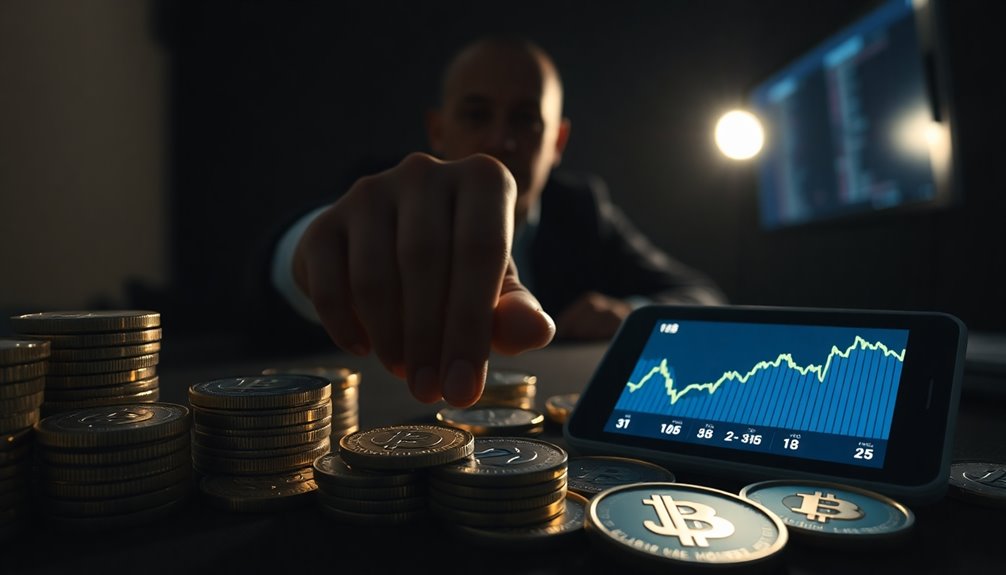Brazil's Central Bank has raised serious concerns about stablecoins, suggesting they could serve as tax havens for money launderers. Their decentralized nature complicates tracking transactions, which could potentially facilitate illicit activities. As the bank considers regulatory measures, it's clear the implications for digital assets are significant. What changes might unfold in the crypto landscape, and how could these regulations reshape the way stablecoins are used?

Stablecoins Are Being Labeled a Tax Haven for Money Launderers by Brazil's Central Bank.
Stablecoins as a Tax Haven
While you might think of cryptocurrencies as volatile investments, stablecoins offer a different story by maintaining a consistent value, often pegged to traditional currencies like the US dollar. This stability makes them appealing for transactions, especially in regions like Brazil, where over 90% of crypto transactions are linked to stablecoins.
However, this very feature has led to concerns, particularly from Brazil's Central Bank, which now labels stablecoins as a potential tax haven for money launderers. The decentralized nature of stablecoins allows users to transfer value across borders swiftly, which can be a double-edged sword.
While it enhances financial inclusion for those without bank accounts, it also opens doors for illicit activities. The Central Bank of Brazil is grappling with the regulatory implications of stablecoin use, as these digital assets can easily facilitate money laundering, evade sanctions, and even circumvent anti-money laundering protocols. The risk is significant, especially given the challenges in tracking stablecoin transactions on a decentralized blockchain. In December 2022, Brazil signed a crypto regulation bill into law, mandating licenses for virtual service providers.
Yet, the Central Bank is considering further measures to prevent stablecoin withdrawals to self-custodial wallets, aiming to tighten control over these digital assets. The goal is to curb the potential for tax evasion and illicit activity, which are concerns that have gained traction among regulators worldwide. Tax authorities increasingly seizing cryptoassets is a clear indication of the growing scrutiny faced by stablecoins and their users.
Tax treatment of stablecoins aligns with that of other cryptocurrencies, meaning capital gains and income taxes apply. This has raised eyebrows, as some argue that the ease of transacting with stablecoins could lead to underreporting or even outright evasion.
If you're dealing with stablecoins, you need to maintain meticulous records of your transactions to ensure compliance with tax laws. Moreover, the international landscape complicates matters. Stablecoin issuers must navigate a maze of global regulations, including those from the Financial Action Task Force (FATF), which have set guidelines for virtual asset service providers. The question of national security looms large as well, with stablecoins posing risks by potentially facilitating illicit activities that could undermine compliance efforts.









